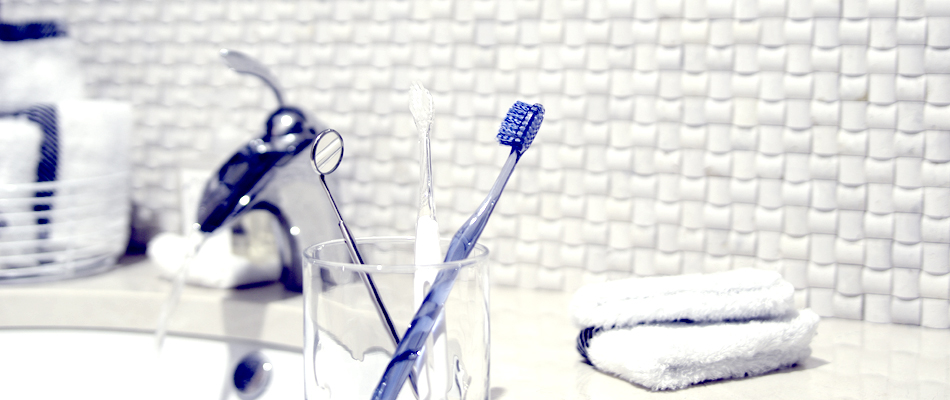Cause of Dental Caries
In our mouth, various bacteria are living. But the significant contributor to dental caries is a bacterium Streptococcus mutans. Using the glucide remains in our mouth, streptococcus mutans increases and provides the enzyme Glucansucrase. This enzyme have viscosity and enable the bacteria to adhere to the surface of teeth. Colonizing bacteria that adhere to teeth are called dental plaque. So dental plaque is not a simple leavings of food, but a colonizing bacteria.
Streptococcus mutans metabolizes sucrose to lactic acid. By this acid, the local environmental conditions in our mouth that is usually neutral will be changed into acidic. In the healthy condition pH6.8 (neutral), teeth never be dissolved. But in the acidic environment under pH5.5, at first the enamel the surface of teeth is beginning to melt. This phenomenon is called Decalcification.
On the other hand, in our mouth, saliva is continuously secreted. Saliva has the effect that restore the environment in our mouth to neutral or alkaline. By this effect, the acidic condition will be changed into alkaline in 30-40 minutes and melting teeth are restored. This phenomenon is called Recalcification.
With streptococcus mutans in our mouth, as long as we must eat, both decalcification and recalcification are occurred. The local environmental condition in our mouth goes back and forth between acidity and basicity. So decalcification and recalcification repeat everyday in our mouth. When the speed of decalcification exceed that of recalcification, our teeth melt and dental caries are occurred.
Streptococcus mutans metabolizes sucrose to lactic acid. By this acid, the local environmental conditions in our mouth that is usually neutral will be changed into acidic. In the healthy condition pH6.8 (neutral), teeth never be dissolved. But in the acidic environment under pH5.5, at first the enamel the surface of teeth is beginning to melt. This phenomenon is called Decalcification.
On the other hand, in our mouth, saliva is continuously secreted. Saliva has the effect that restore the environment in our mouth to neutral or alkaline. By this effect, the acidic condition will be changed into alkaline in 30-40 minutes and melting teeth are restored. This phenomenon is called Recalcification.
With streptococcus mutans in our mouth, as long as we must eat, both decalcification and recalcification are occurred. The local environmental condition in our mouth goes back and forth between acidity and basicity. So decalcification and recalcification repeat everyday in our mouth. When the speed of decalcification exceed that of recalcification, our teeth melt and dental caries are occurred.
- Dental Caries and Cleaning
- Teeth
- Dental Caries
- Causes
- Prevention
- Periodontitis and Cleaning
- Periodontium
- Periodontitis
- Causes
- Prevention
- Methods of Tooth Cleaning
- Brushing and Flossing
- Cleaning Timing
- Preparation
- Brushing Methods
- 4 Techniques
- Flossing Methods







